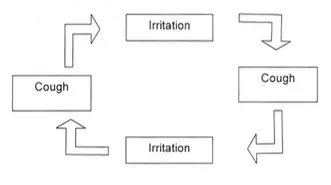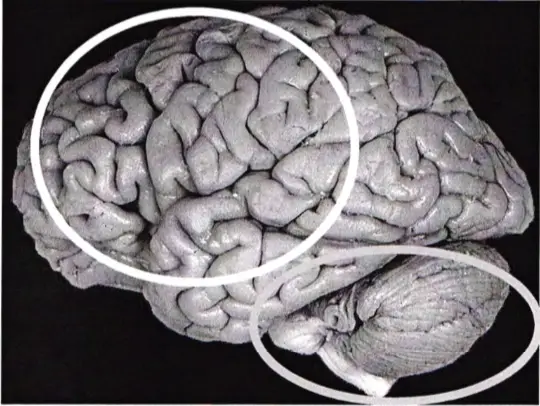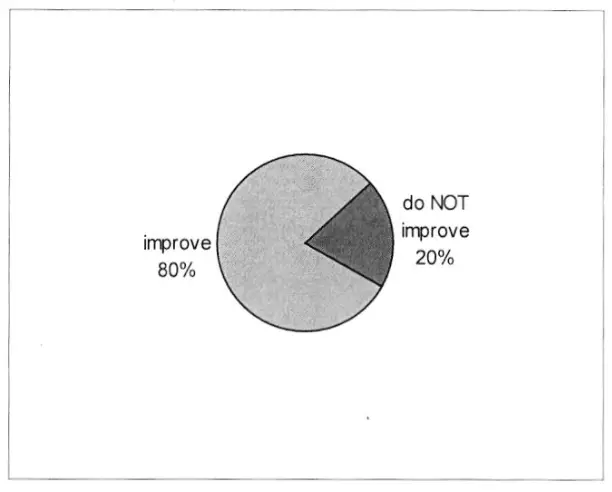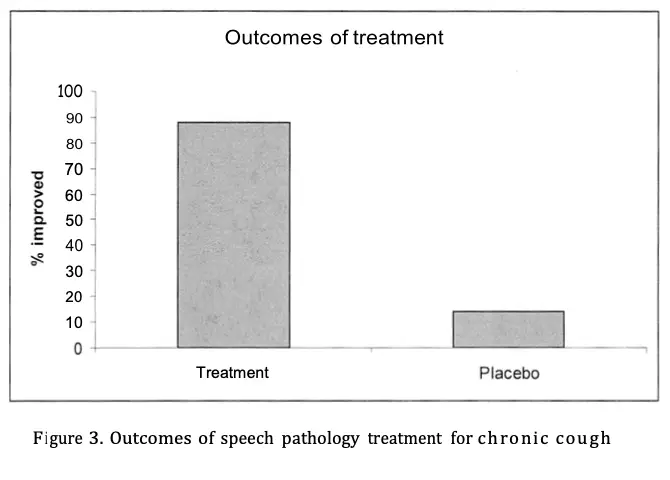Six facts about cough
-
Fact one.
A cough can be triggered by irritation of larynx, throat or tubes leading to the lungs. A large number of people also cough deliberately in response to irritation in the throat.
Coughing can become a viscous cycle where irritation leads to coughing, coughing causes more irritation and this irritation leads to more coughing.

-
Fact two.
A cough protects the body by clearing the lungs and tubes of things that initate the body and secretions such as phlegm and mucous. Therefore in some cases your cough is beneficial to your body. This is particularly truewhen you have swallowed food down the wrong way or when you have a chest infection.
-
Fact three.
However your cough is not always necessary. ln the case of chronic cough the cough is often occurring in response to irritation rather than because anything needs to be cleared from your lungs or chest. ln other words there is no benefit to coughing. ln fact there are a lot of negative side effects to coughing such as increasing throat irritation and urinary incontinence.

-
Fact four.
Coughing is both automatic and under conscious control. Coughing, like everything else we do, is controlled by the brain. The picture below shows the brain. The brain is made up of many different sections.
The bottom section, shown circled in grey controls all the automatic functions of our body. These functions include breathing, keeping our body at the right temperature. This part of the brain is called the medulla and is the main part of the brain involved in coughing.
The top section of our brain, which is circled in white is responsible for all our conscious actions. These actions can include walking, talking, writing a check, driving a car, playing golf, thinking etc. This section is called the cerebral cortex. Research has shown that the cerebral cortex is also activated when we cough. So although coughing often occurs automatically there is still an element of conscious control. That is why we can suppress a cough at times and why we can cough deliberately. ln speech pathology treatment we aim to strengthen your voluntary control of cough.

-
Fact five.
The most common causes of cough are asthma, gastroesophageal reflux, post nasal drip, eosinophilic bronchitis, smoking, lung pathology and vocal cord dysfunction.
ln approximately 10% of patients no cause can be found. Speech pathology intervention is designed for patients who
1. have no known cause for their cough,
2. have vocal cord dysfunction, and
3. have cough persisting despite treatment for asthma, rhinitis and gastroesophagea I reflux.
-
Fact six.
Medical treatment is effective for most people with chronic cough. ln fact 80% of patients with chronic cough are heIlped by medical lreatment. However 20% of people with chronic cough are not helped. ln other words for every 100 people with chronic cough, 80 will improve and 20 will not improve after medical treatment. lt is this group that 80% benefit from speech pathology treatment.

Two ways that speech pathology treatment can help your cough.
- lncrease conscious control over the cough. The first component of treatment is to increase the ability to voluntarily control the cough. Although irritation may build up in the throat it is still possible to control the cough. lt is also possible to control or suppress the cough when you feel that something needs to be coughed up.
- Reduce the irritation that triggers coughing. The second component of treatment is to reduce the degree of irritation in your throat and airuvay. A cough is triggered once irritation builds up to a certain level. lncreasing irritation can trigger a cough whereas reducing irritation reduces coughing. So if the rate of irritation can be slowed then a cough is less likely to be triggered. There are several strategies for reducing irritation, which will be described in the following section. So the aim of this component of treatment is to slow the rate of irritation in the throat.
Speech pathology treatment has been proven to be beneficial for people with chronic cough. A large study examined 87 patients with chronic cough. These
people had cough that persisted despite extensive medical treatment. These patients were randomly selected to receive either the speech pathology treatment or a placebo intervention. Of those who received the speech pathology treatment, 88% improved whereas 14% of those who received the placebo intervention improved (see figure 3)


